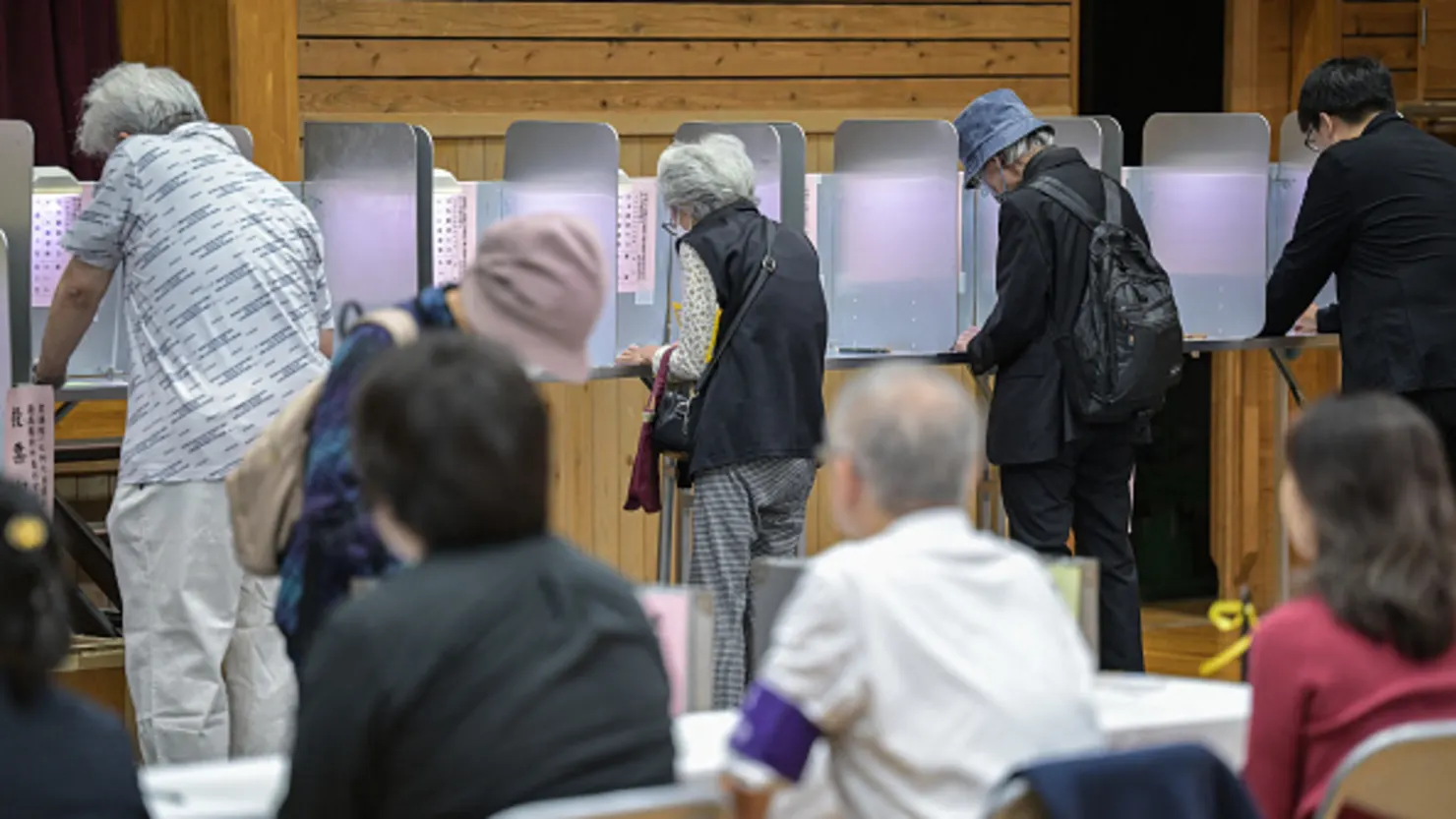In a pivotal election that could reshape Japan’s political landscape, voters cast their ballots on Sunday, October 27, potentially signaling the end of a decade-long dominance by Prime Minister Shigeru Ishiba’s Liberal Democratic Party (LDP). Amid a backdrop of rising costs of living and public discontent over a recent funding scandal, Ishiba and his coalition partner, Komeito, are bracing for what could be their most challenging electoral outcome since 2009.
Political Stakes and Economic Struggles
The coalition’s fate is clouded by dissatisfaction over inflation and a series of unrecorded donations at LDP fundraisers. Opinion polls hint that the coalition may lose its parliamentary majority, a move that could force Ishiba into partnerships with smaller, ideologically diverse parties. Although the LDP isn’t likely to be entirely unseated, any significant seat loss would introduce policy uncertainty and could complicate Ishiba’s agenda.
5 Insider Secrets About Costco’s Free Samples You Probably Never Knew
“[Prime Minister Ishiba] will be considerably weakened as a leader, his party will be weakened in the policies that it particularly wants to focus on, because bringing in a coalition partner will cause them to have to make certain compromises with that party, whatever party it may be,” said Jeffrey Hall, an expert on Japanese politics at Kanda University of International Studiesection Outcomes and Potential Impact
According to a survey by the Asahi newspaper, the LDP stands to lose up to 50 of its 247 seats in the lower house, while Komeito could see its count drop below 30, which would leave the coalition below the 233-seat threshold needed for a majority. The opposition Constitutional Democratic Party of Japan (CDPJ) appears to be gaining traction, potentially winning up to 140 seats, marking a shift toward a more competitive political environment.
As Nomura Securities’ chief macro strategist, Naka Matsuzawa, explained, investors are wary of the implications: “That’s basically the scenario for ‘sell Japan’” as the election outcome introduces uncertainties in fiscal and monetary policy .

Compromises on the Horizon
With polls suggesting a fractured majority, Ishiba faces the prospect of joining forces with the Democratic Party for the People (DPP) or the Japan Innovation Party. However, these potential allies propose measures in direct contrast with LDP policies. The DPP has called for a temporary halving of Japan’s sales tax—a notion the LDP has not supported—while the Innovation Party has vowed to enforce stricter donation regulations to restore public trust.
Additionally, the DPP and Innovation Party hold differing views on interest rates, a central topic for the Bank of Japan. While the BOJ is cautiously aiming to raise rates gradually, the DPP and Innovation Party are advocating for a more conservative stance on rate hikes.
The Voters’ Concerns
In central Tokyo, voters shared mixed sentiments on the election. Keisuke Yoshitomi, a 39-year-old office worker, backed the DPP, citing a desire for “financial resources [to be] allocated more appropriately.” Another voter, Takeshi Ito, a 38-year-old infrastructure manager, chose to support the LDP, expressing reservations about switching to the opposition. “Even if I were to switch to an opposition party, it’s still unclear whether they could push forward reforms, and I don’t know if I can trust them or not at this point,” said Ito .
Key Issuesoter Preferences
Economic challenges are front and center for nearly 40% of the electorate, according to an NHK poll. With inflation squeezing household budgets, 28% of respondents expressed a strong desire for tax relief, while another 21% voiced hopes for wage growth. While many parties have pledged to raise wages, the promise comes with a caveat, as smaller businesses might struggle to bear the increased costs amid rising inflation.

What’s Next for Japan?
As Japan navigates its most closely contested election in years, Prime Minister Ishiba faces the daunting challenge of securing enough parliamentary support to govern effectively. Should the LDP and Komeito fall short of a majority, coalition negotiations could pull the ruling party in new directions, impacting Japan’s economic policies and international relationships.
With results likely to alter Japan’s political and economic landscape, this election is shaping up to be a decisive moment that could reshape the direction of Asia’s second-largest economy.

